 A little bedtime reading about mattresses.
A little bedtime reading about mattresses.
Elevate your sleep with Belledorm's mattress blog. From bed bug solutions to the benefits of protectors, toppers, and optimal mattress changes, discover tips for cool summer nights. Explore five mattress types for a better sleep. Upgrade your rest with expert insights and premium mattresses.
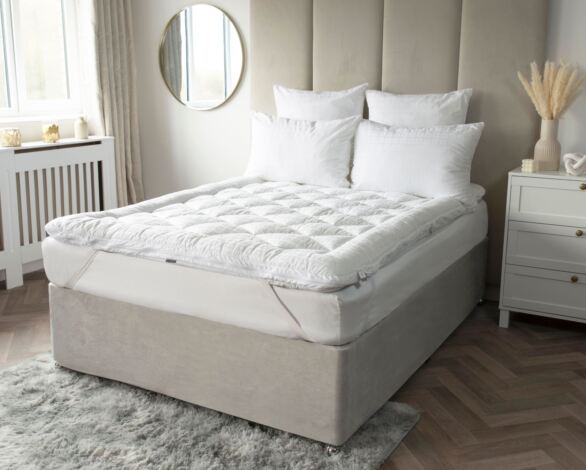 How to Make Your Mattress Last Longer
5 Aug 2025
How to Make Your Mattress Last Longer
5 Aug 2025
Your mattress is one of the most important investments for quality sleep, so looking after it is essential. From using the right base to regular rotation and smart bedding choices, these simple care tips will help you extend its lifespan and enjoy healthier, more restful nights.
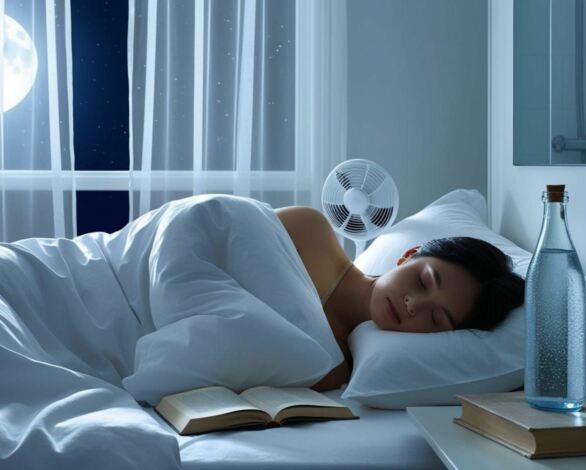 How to stay cool and sleep well on hot summer nights
21 Apr 2025
How to stay cool and sleep well on hot summer nights
21 Apr 2025
Hot, sticky nights can wreak havoc on your sleep, but there are plenty of ways to beat the heat. From choosing the right bedding to clever cooling tips, here are 10 tried-and-tested tricks to help you sleep soundly—even on the warmest summer nights.
 5 tips to keep allergies at bay in the bedroom
25 Apr 2024
5 tips to keep allergies at bay in the bedroom
25 Apr 2024
Say goodbye to bedtime sneezing and sniffles with our guide to allergy proofing your bedroom. Discover strategies from regular vacuuming to choosing the right bedding fabric, to create a healthy sleep environment.
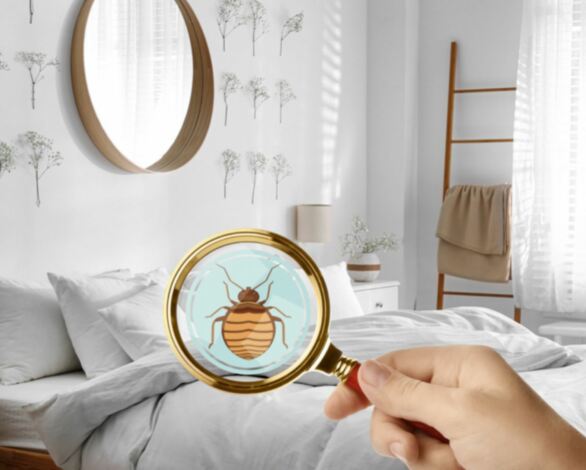 How to get rid of bed bugs
16 Oct 2023
How to get rid of bed bugs
16 Oct 2023
Get Advice on how to protect and get rid of Bed Bugs in outbreaks
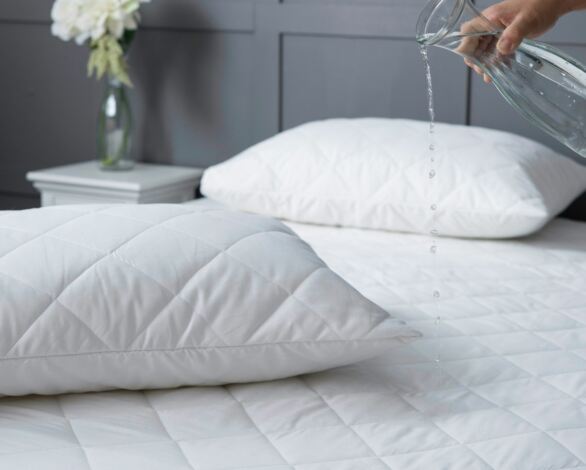 Do I need a mattress and pillow protector?
22 Mar 2023
Do I need a mattress and pillow protector?
22 Mar 2023
Maintain the quality of your mattress and pillow with a mattress and pillow protector from Belledorm. Find out why you should get one and how to pick the ideal one for your bedding.
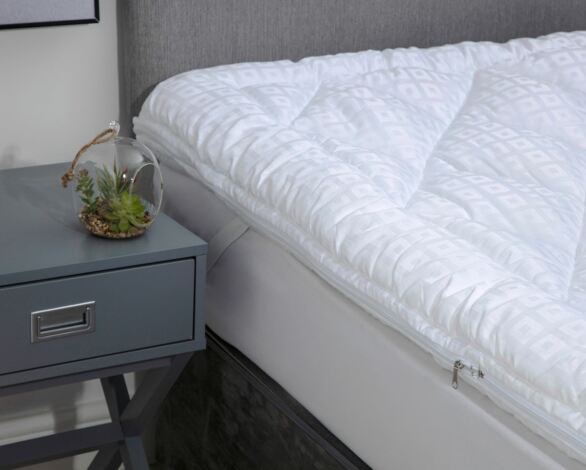 Do I need a Mattress Topper?
2 Mar 2023
Do I need a Mattress Topper?
2 Mar 2023
Wondering if a mattress topper is worth the investment? Find out the benefits and drawbacks of adding an extra layer of cushioning to your bed.
 5 mattress types to get a better night's sleep
24 Dec 2019
5 mattress types to get a better night's sleep
24 Dec 2019
Need a new mattress? Use our handy guide to find the best mattress type for you… The right mattress is key to a better night’s sleep! Consider these five popular mattress types to find the right mattress for you… 1. Spring Traditional innerspring mattresses use internal metal spring systems to...




